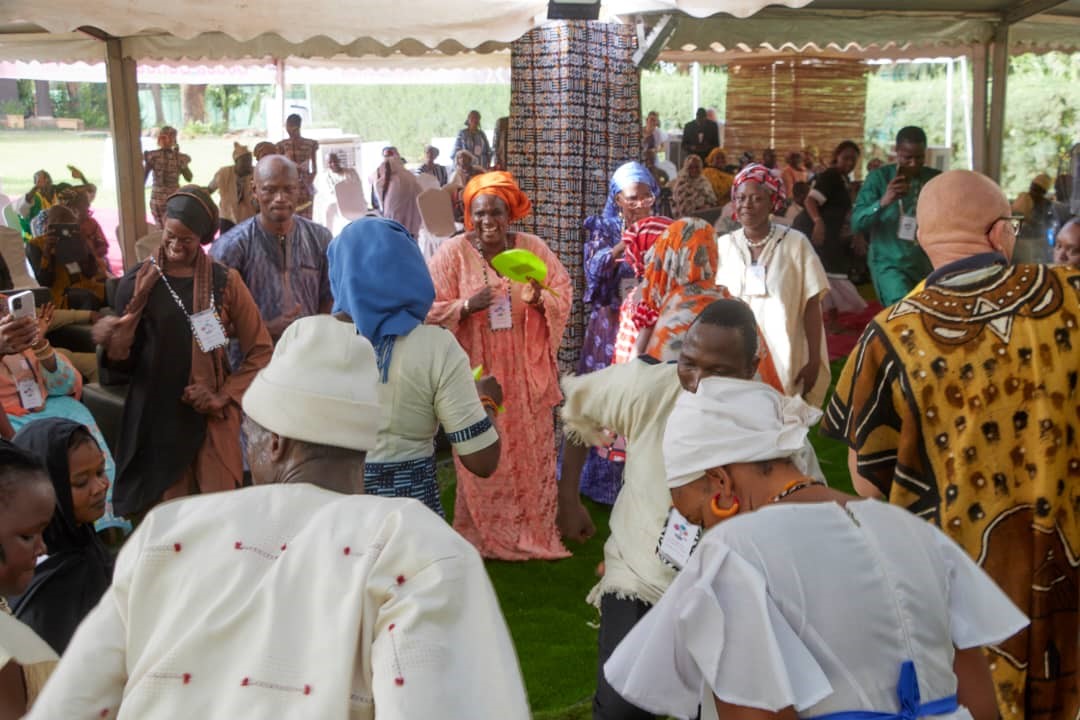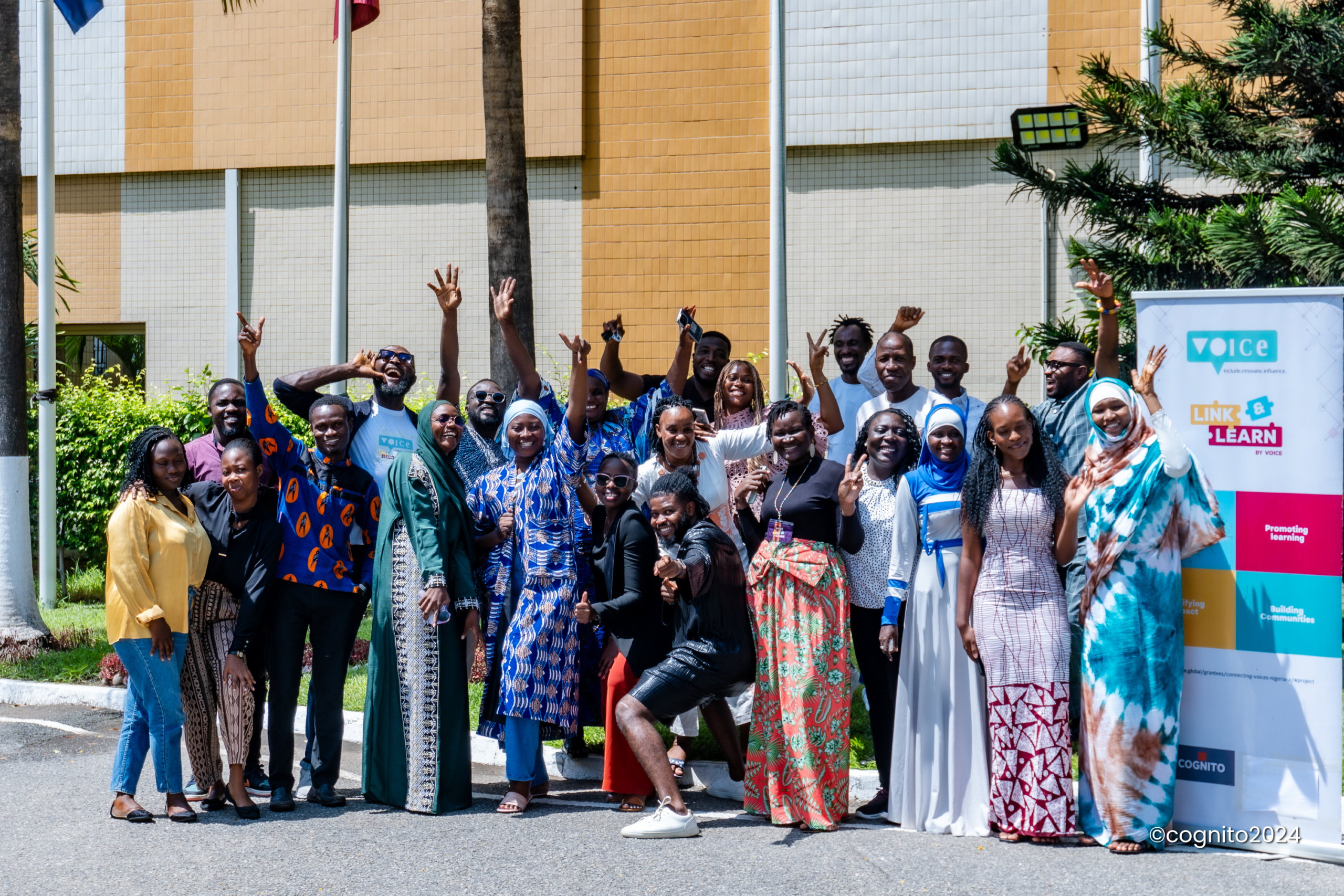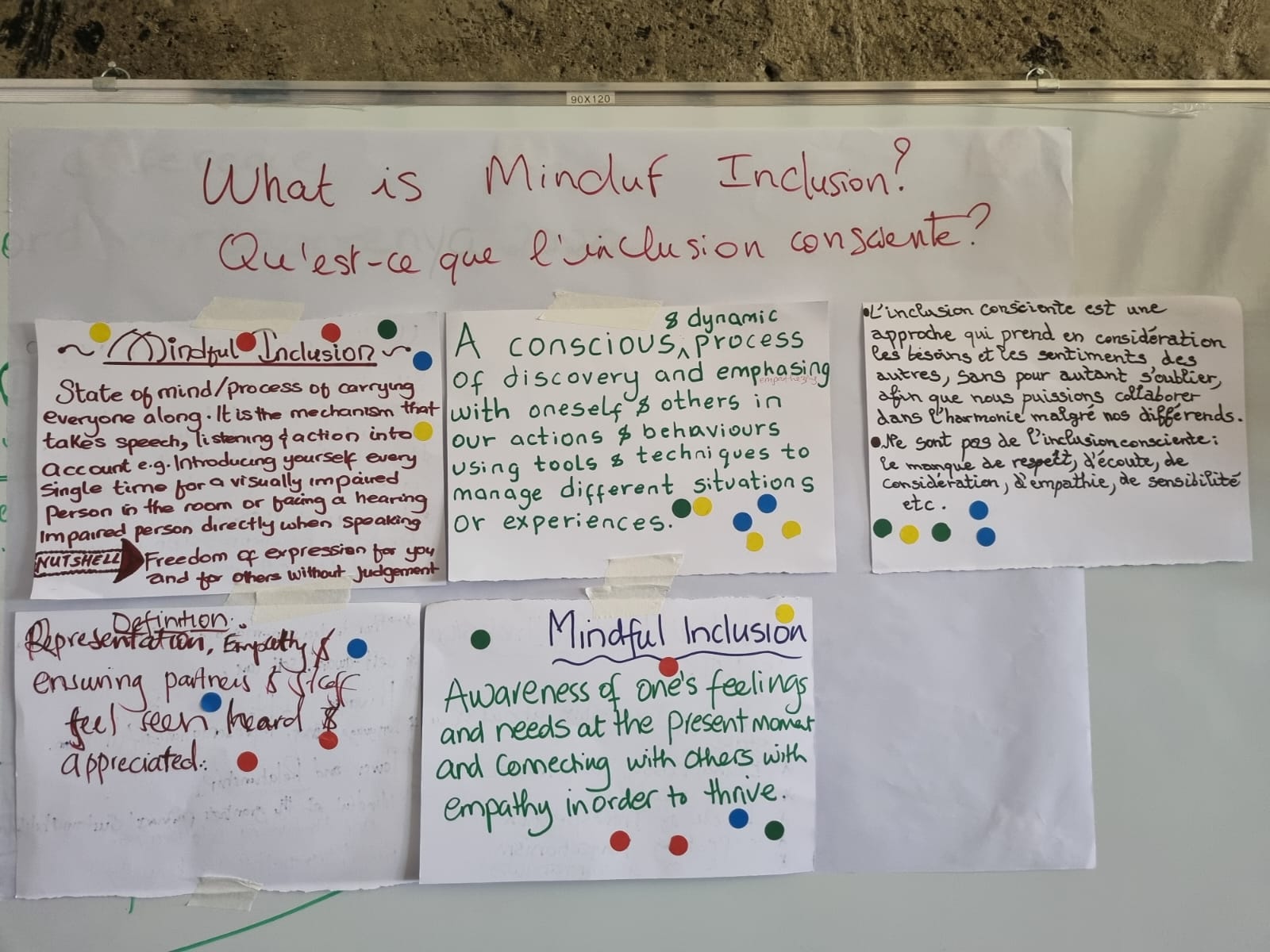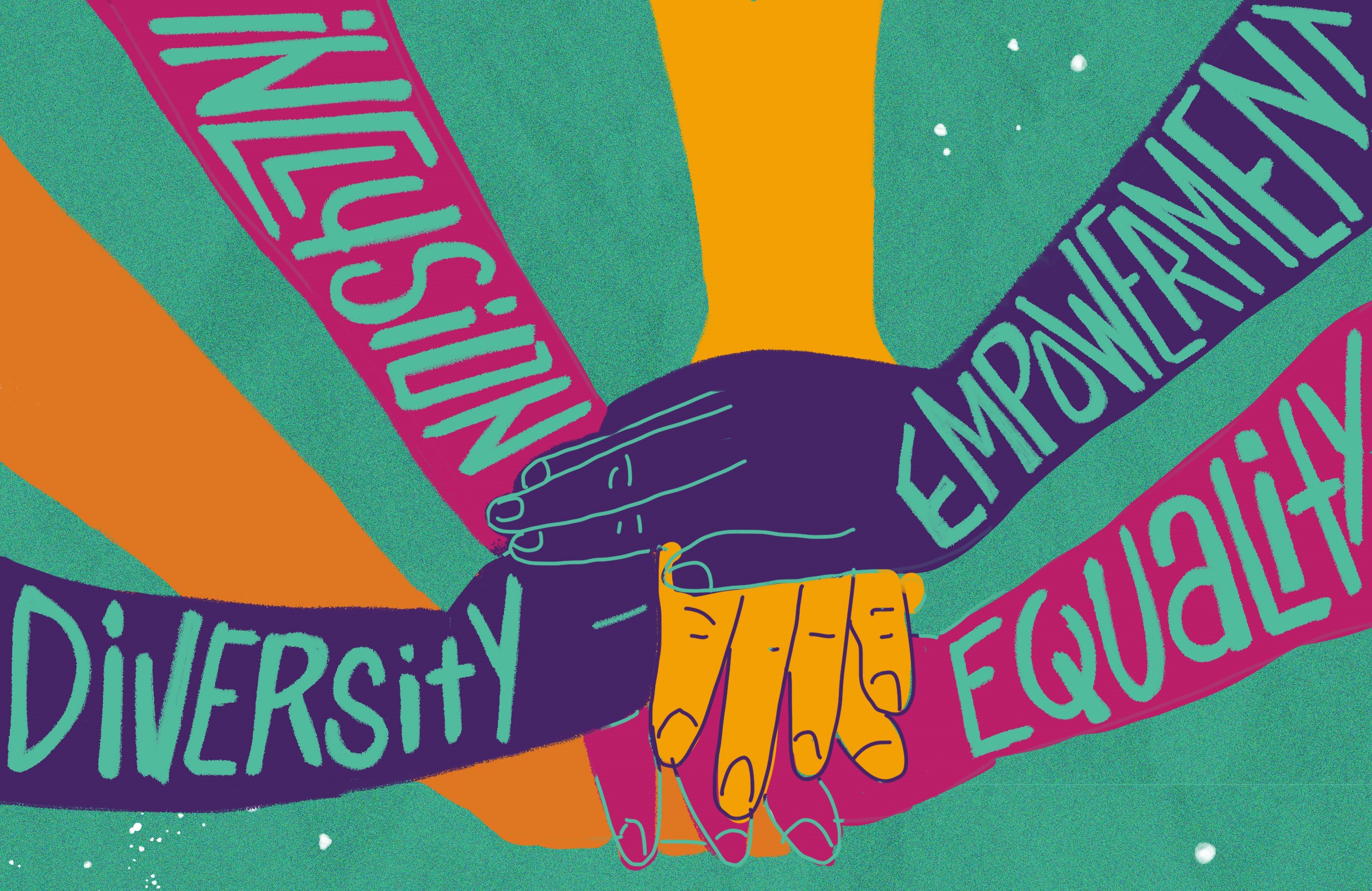Entries of the Empowered: the start of a learning journey
Written by Lina Kagkli, Voice Design Monitoring and Evaluation Officer
This blog reflects on the process of co-creating a truly participatory mechanism to track and make sense of people’s empowerment journeys using diary entries.
When I first joined Voice as the global Design Monitoring & Evaluation Officer, I knew that finding and refining context-appropriate M&E methods to assess our goal and outcomes wouldn’t be an easy job. For a while, we had been scratching our heads trying to decide upon those tools that would be flexible yet rigid, unconventional yet simple, user-friendly and creative. But most importantly, any M&E choice we’d make, would have to be in line with the principle of Nothing About Us Without Us: it would have to help in creating ownership by allowing project participants to always keep control over their own data; they should be able to reflect on it, access it, change it, and delete it as they wish, at any point in time.
Whereas Outcome Harvesting had always been a clear winner amongst methodologies that help us make sense of influencing outcomes, finding the right qualitative method to provide us with meaningful understanding of empowerment processes was way trickier. And there, in an inspiring conversation with Duncan Green, we came across the Portfolios of the Poor: A research study that investigates the financial practices and habits of 250 families in Bangladesh, India and South Africa, in an attempt to answer one main question: How do people that live with less than $2 a day make ends meet? In that eureka moment, we started exploring potential adaptation of the Portfolio to the context of social exclusion. Selecting a sample of Voice-funded project participants and asking them to keep a regular diary of crucial events and human interactions that may have a gradual impact on their lives, might pave the way towards providing answers to some of the key learning questions within our Theory of Change and M&E framework:
- How do people perceive and experience marginalisation?
- What are their coping mechanisms?
- Who do they turn to for support?
- What are their individual influencing strategies?
A diary-based study would have the potential to capture the details of otherwise time-sensitive and context-specific phenomena. It could harness the power of the immediate personal witness: this very realisation renders a significant comparative advantage of diary-based studies over other similar qualitative research methods.
Planning a diary-based learning trajectory in a nutshell:
In the process of turning a vague idea into a concept note, Voice collaborated with a team of researchers to lead on the overall design: Oxfam’s Impact Measurement and Knowledge team (IMK) works with campaign-, programme- and project teams inside and outside Oxfam Novib to research the impact of projects in themes relevant to the Oxfam Novib programmatic ambitions.
As any other research study or learning trajectory would, Entries of the Empowered follows the usual steps:
- Design: The initial process of developing a context-appropriate methodology, after reviewing relevant literature and refining the learning questions
- Training: Together with the national Voice Linking & Learning facilitators, we worked with participating grantees to co-create the specific data collection tools and learning loops.
- Data collection: Approximately 60 project participants across 3 countries, record diary entries on a daily, weekly or bi-weekly basis (depending on the context) for a period of 6-7 months. Diarists register their entries digitally using KOBO toolbox – a mobile data collection tool commonly used by aid workers, academic researchers and development practitioners. Next to ensuring uniformity in terms of systems used, it was also important to allow space for creativity and create space for experimentation. Diary entries vary depending on various cultural and sociodemographic characteristics. They come in the form of audio and , video logs, pictures, even spoken word (“slamming”).
- Analysis: Local and national reflection workshops with diarists are organised by the local grantees throughout the whole project implementation period.
- Reporting: Linking & Learning being in the heart of what Voice does, documenting and reflecting upon the whole study process (designing, implementing, succeeding or making mistakes) is absolutely crucial.
What is the project’s ultimate goal?
The study focuses on gathering personal testimonies of marginalised and discriminated people that are currently participating in empowerment projects funded by Voice. We aspire that this body of evidence will bring us closer to answering fundamental learning questions linked to our long-term and targeted outcomes:
- What are the barriers that hold people back from raising their voices and how do these interrelate and what are the factors that enable people to raise their voices?
- How have empowerment grants helped participants to create safe space to meet, to create confidence, build awareness and skills?
- (How) does empowerment result in any changes in marginalised and discriminated groups’ influencing capacity?
Can a research activity become an empowerment vehicle in itself?
Research has shown that even though diaries are merely personal testimonies of experience, they sometimes also turn into community engagement activities. In Participatory Action Research studies, active engagement is a strategy of cooperative inquiry, involving as many stakeholders as possible in as many aspects of the project as possible. Besides allowing us to understand more about the groups that Voice works with, we aspire that the findings of the study will help diarists to express themselves freely and creatively; that diarists will reflect and learn from their individual strategies and networking patterns and that keeping a diary thus will serve as an important tool for empowerment, which is not normally the case with traditional survey or qualitative interview methods.
ENPower has embarked on its learning journey with nine Voice empowerment grantees in three countries: Cambodia, Mali and Tanzania. The research duration is 16 months, from July 2018 to November 2019. Whilst it focuses on marginalised groups in these countries, it is hoped that lessons learned from these experiences may also be useful learning for other groups in other Voice countries.
For more information on ENPower, you can contact :
- Lina Kagkli, Voice global M&E officer and overall ENPower project lead: kagkli@voice.global
- Caroline Hodges , IMK researcher and ENPower lead researcher : Hodges@oxfamnovib.nl







